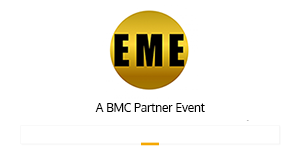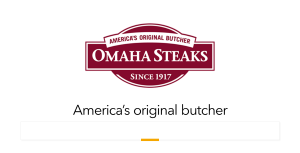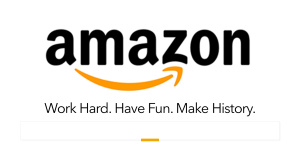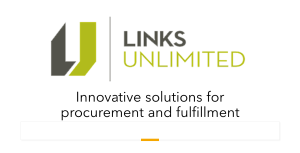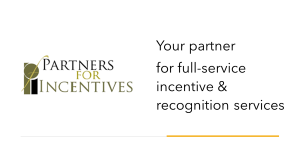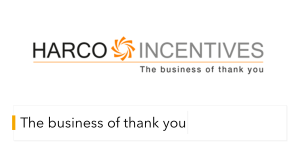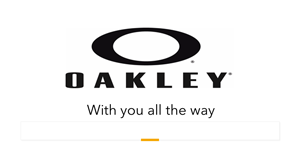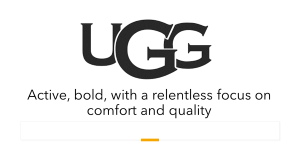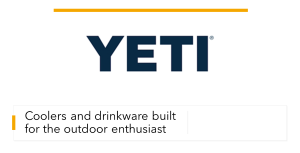EU's Sustainability Reporting Directive Will Have a Direct Impact on MICE Market
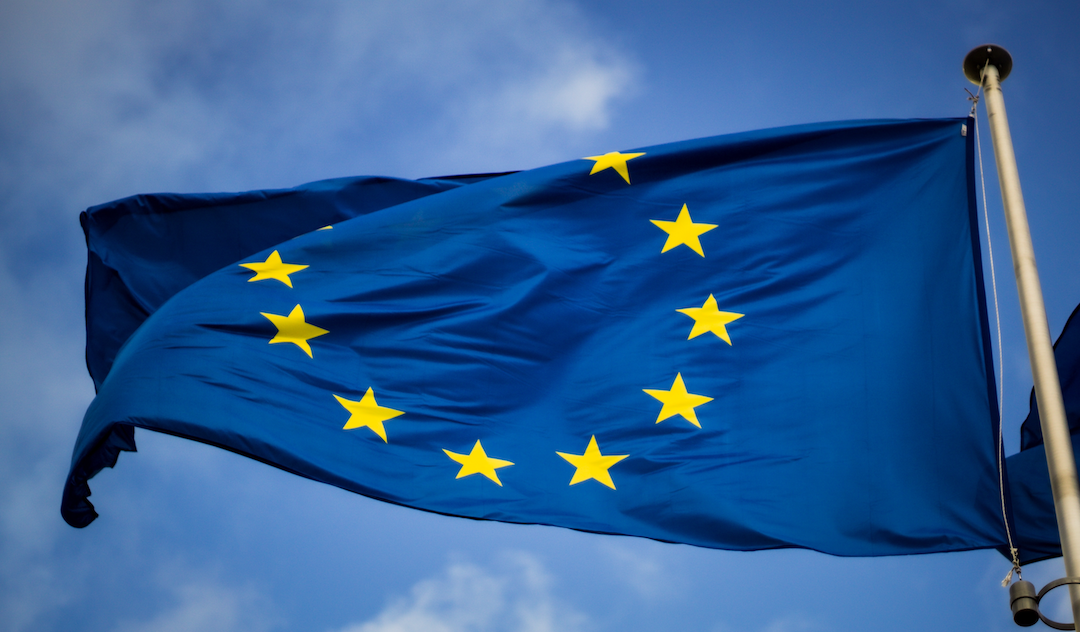 Business travel journalist Amon Cohen highlights how this new law will affect the travel industry in general. Here are highlights on those aspects of the law that could affect the MICE market (Meetings, Incentives, Conventions, Exhibitions.)
Business travel journalist Amon Cohen highlights how this new law will affect the travel industry in general. Here are highlights on those aspects of the law that could affect the MICE market (Meetings, Incentives, Conventions, Exhibitions.)Broad Impact Anticipated
Major Impact for Travel Planners
Sustainability Means the Environment and All Stakeholders
Environmental Factors
Stakeholders—Employees, Customers, Supply Chain Partners, and Communities
”The European Union’s Corporate Sustainability Reporting Directive (CSRD) may sound dull but it could prove to be the most important development in travel management in 2023. Arguably it marks the moment when sustainability becomes a mandatory, perhaps even the dominant, element of managed travel programs.”
That’s one of the key conclusions of a recent article in Business Travel News Europe, Watershed Moment: Get Set for EU’s Corporate Sustainability Reporting Directive.
“If travel managers in the UK, US or other non-EU countries believe themselves immune, they should think again. CSRD applies to EU companies meeting two out of three criteria of more than 250 employees, €40 ($44) million turnover or €20 ($22) million on their balance sheet. It also applies to smaller EU companies that are publicly listed, but significantly, also to non-EU businesses with net turnover in the EU of more than €150 ($155) million,” Cohen reports.
Broad Impact Anticipated
But the ensnaring of non-EU companies goes beyond that, he reports. “Yes, this is European regulation but you could be asked for information if you’re part of someone else’s value chain,” he quotes Lisa O'Donnell, Director and CSRD lead for PwC’s UK business. Moreover, she adds, CSRD effectively sets a standard for non-financial disclosure with which other national and supra-national regulatory regimes are likely to align. There’s no avoiding CSRD.”
Unlike others covering this subject, Amon addresses the critical people issue often overlooked in favor of environmental issues. He writes, “Bruce Bolger, Founder of the Enterprise Engagement Alliance, a think tank advising companies on stakeholder engagement, agrees that CSRD is a watershed. Investors and other stakeholders, he says, ‘will be able to do big, detailed comparisons. This is Glassdoor on steroids. Companies can no longer greenwash. They must supply audited metrics and explain. It’s going to have massive impact in the coming years.’”
Major Impact for Travel Planners
“Bolger says there are major implications for travel managers, who ‘will have to be more accountable for steps taken to carry out the organization’s purpose, goals, and objectives as they relate to travel policies.’ But, Bolger points out, CSRD will help too, giving travel managers ‘much more easily accessible information about major companies to reduce risks of supporting suppliers with bad people or environmental records.’”
The EU Corporate Sustainability Reporting Directive requires disclosure of an organization’s purpose, goals, and objectives, how it fulfills them, measures the results, and makes improvements, including on at least 80 metrics on all areas of stakeholder management, including employees, customers, distribution and supply chain partners, communities, and the environment.
Sustainability Means the Environment and All Stakeholders
For the travel industry, the primary effects relate to the environment and people, which includes employees, distribution and supply chain partners, and communities.
Environmental Factors
Generally, environmental factors are organized by:
Scope 1 – direct emissions from sources owned or controlled by a company.
Scope 2 – indirect emissions from purchased electricity, steam, heat, and cooling.
Scope 3 – all other emissions associated with a company's activities.
For most travel planners, the major issues involve Scope 2 and Scope 3, for even if their organization is a source of direct emissions from sources it owns or controls, that would not fall under the responsibility of travel management.
Based on an organization’s size and philosophy, the travel planner will mostly encounter Scope 3, that is emissions and waste produced by hotels, convention centers, airlines, and cruise lines. For the many service companies that do not fall under Scope 1 or Scope 2 requirements, reducing waste and use of high carbon footprint services will be low-hanging fruit in achieving their own sustainability goals.
Most travel experts believe that the focus on sustainability and the always present desire to control costs will require greater justification for air travel for any purpose in terms of advancing a sale or partnership, visiting with remote employees or regional offices, supporting a customer, collaborating and learning, or other organizational goals. In addition, companies will be receptive to ways to plan travel more efficiently—such as encouraging “bleisure” trips that combine work and vacation—or to select venues that document and audit their practices related to recycling or re-using products, and reducing their carbon footprint through increased use of renewable energy, etc. or cleaner or recycled fossil fuels.
Many US hotels and airlines will meet the threshold for audited reporting under the EU law, even those based in the US if they meet the EU employment or revenue thresholds specified in the law. So, based on the policies of the organization, the travel planner will have increasingly easy access to meaningful information about a supplier’s purpose, goals and objectives related to environment; the scope of emissions it addresses, and how; the metrics, ratings or independent audits used to monitor progress, and the continuous improvement process.
Stakeholders—Employees, Customers, Supply Chain Partners, and Communities
Well before the EU CSRD, travelers and companies began to raise concerns about the treatment of employees at hotels and other venues, most notably the Qatar games. The new EU law in effect makes it an obligation for organizations subject to the law to monitor and report not only on their own but upon the workplace practices of their supply chain and distribution partners, as well as their practices related to the management of customer, supply chain, distribution partner, and community relationships.
The standard requires an explanation of the general approach an organization takes to identify and manage any material actual and potential impacts on its own workforce or those of its supply chain and distribution parties in relation to the following factors:
- Secure employment.
- Working time.
- Adequate wages.
- Social dialogue.
- Freedom of association, the existence of works councils and the information, consultation and participation rights of workers.
- Collective bargaining, including the rate of workers covered by collective agreements.
- Work-life balance and health and safety.
-
Equal treatment and opportunities for all, including:
- Gender equality and equal pay for work of equal value.
- Training and skills development.
- Employment and inclusion of persons with disabilities.
- Measures against violence and harassment in the workplace and diversity.
- Other work-related rights, including child labor; forced labor; adequate housing, and
- privacy.
Because the travel industry is so dependent on supply chains and distribution partners, the new law has the potential to both require a lot more in the way of reporting, but on the other hand the opportunity to enhance efficiency by focusing activities on a set of standards material to success rather than having to comply with multiple ad hoc requests for reporting that may or may not be relevant to an organization’s business.
For More Information
Bruce Bolger, Founder
Enterprise Engagement Alliance at TheEEA.org
Bolger@TheEEA.org
914-591-7600, ext. 230
Bolger@TheEEA.org
RRN: Your Partner in Success in Incentives, Rewards, and Recognition
Published by the Enterprise Engagement Alliance at TheEEA.org- The only weekly news, how-to and resource publication of record for the Incentive, Rewards, and Recognition field.
- The only marketing agency focusing specifically on the IRR and broader engagement marketplace.
The Industry’s Only Combined Media Platform and Marketing Agency to Help You Expand Your Business
- All the industry news, research, announcements, and how-to articles read by over 20,000 end-users in sales, marketing, and human resources; incentive, recognition, loyalty and promotional companies, as well as marketing and human resources agencies, seeking to enhance performance through effectively designed incentive programs.
- Unparalleled business development services for engagement, incentive and incentive travel, recognition firms; brands, gift cards and master fulfillment companies, and technology firms, featuring ROI-based business development strategy design and ongoing digital and social media and e-newsletter communications to help marketers profit in the coming era of cookie-less marketing.
- Unique abilities for solution providers to sponsor authoritative, evergreen content directly related to what they sell through the EEA’s Effective Practices series on articles in our media platforms.
- EEA YouTube Channel with over three dozen how-to and insight videos and growing with nearly 100 expert guests.
- Access to new technologies from EEA preferred solution providers enabling brands to create their own points-based or transactional redemption site.
- Unparalleled expertise in program design, return on investment measurement, reporting, and prescriptive analytics.
Outreach to Enhance Industry Awareness
The EEA is dedicated to helping address the fact that the IRR business remains a little-known industry.
- The Association of National Advertisers education effort reaches the CMOs of almost every leading brand to promote our industry and the importance of program design through created for their members.
- The Brand Media Coalition has led the way in helping brands better tell their stories for use in incentive, recognition, and loyalty programs, and to actively promote the importance of the reward experience and buying through industry channels.
- The Enterprise Engagement Alliance is assisting companies with the upcoming Corporate Sustainability Reporting Directive, which includes details on the practices and metrics involved with employee and customer engagement.
Promoting Effective Program Design
- The EEA provides comprehensive and growing library of concise, research-based resources to promote serious ROI-based thinking, including the importance of the reward experience.
- Join the Enterprise Engagement Alliance to master the processes of enterprise engagement, stakeholder management and reporting, or contact the EEA to get expert assistance on strategy design, implementation, and reporting.
RRN: Your Partner in Success in Incentives, Rewards, and Recognition
Contact Bruce Bolger at 914-591-7600, ext. 230 or email Bolger@TheEEA.org when you want to get to know or get known in this growing $1.76 billion marketplace.





